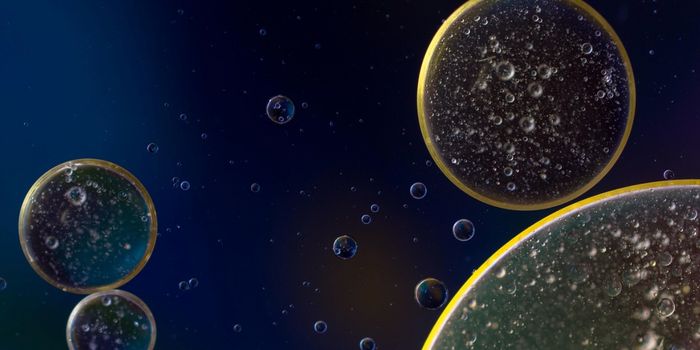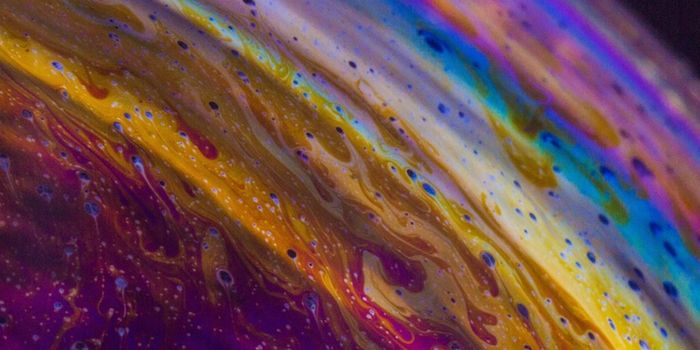Immigration Patterns of Women Changed the Bronze Age in Scotland as we know it
Both Geneticists and Archaeologists at the University of Huddersfield have joined together to further research regarding funerary remains coinciding with settlement and migration patterns in Bronze age Orkney, Scotland.
Recent discoveries within the Scottish archipelago have led to a better understanding of lineage and migration patterns across the Neolithic to Bronze age periods. Genetic researchers have partnered with archaeologists to analyze ancient DNA samples from these burials to understand the temporal changes in the area.
Orkney is a cluster of more than 70 islands and islets situated off the northern coast of the Scottish mainland. Only 20 are inhabited. Formed through glacial erosion of the sandstone and limestone, the islands themselves were very fertile; settlers benefited from the climatic change at the end of the Holocene.
Inhabited for around 8500 years before settlement and colonization by the Kingdom of Norway in 875, it was during the Neolithic period that farming took over, and agriculture became its primary influence. Orkney flourished as a cultural hub from approximately 3800-2500 BC and was easily considered Britain’s ancient capital. While it may seem surprising that such a remote location would be so active in the past, traveling on the water was akin to taking a highway today. Some of the earliest settlements were wooden, but the era and land are most well known for their stone architecture, of which ruins and some structures still stand today.
Research for this project concentrated on results gathered from burial remains (including human skeletal remains) found on the most westerly island of the archipelago, at a site known today as Links of Noltland (LoN). While researching changing funerary practices on the island, both inhumation and cremation burial styles were discovered. This site is rare because it is not often that structural remains are found with evidence of burials, extending the sites from one period to another.
After studying the ancient genomes, mtDNA and Y-DNA data were analyzed from over 70 samples. Close analysis showed almost none of the samples were related. Except for one pair of siblings, evidence of kinship was non-existent.
What was evident was the low levels of diversity among the Y-DNA contrasted with the abundance of rare mtDNA, which suggested a relatively tight-knit community. Comparing these DNA samples to other populations suggests a portion of the settlement at Orkney originated from what is known as the Mediterranean/Rhône/Atlantic dispersal route through Neolithic Britain. What dramatic shift occurred in Europe, also occurred in Scotland. However, local male lineages persisted over these changes for at least another thousand years, while an influx of immigrant women was indicated.
One possible interpretation is the longevity and self-sufficiency of farming. Given the islands' geographic location, they may have found a particular position that enabled them to embrace the changes seen in their community, weather, and environment. This implication of a less insular path shows this process of immigration, and eventual assimilation was more complex and multigenerational. These farming households persisted through male lineages while the incoming newcomers provided the genomic, cultural, and language changes that have since become part of the history and prehistory of Scotland.
Sources: Britannica, Science Daily, University of Huddersfield, PNAS








